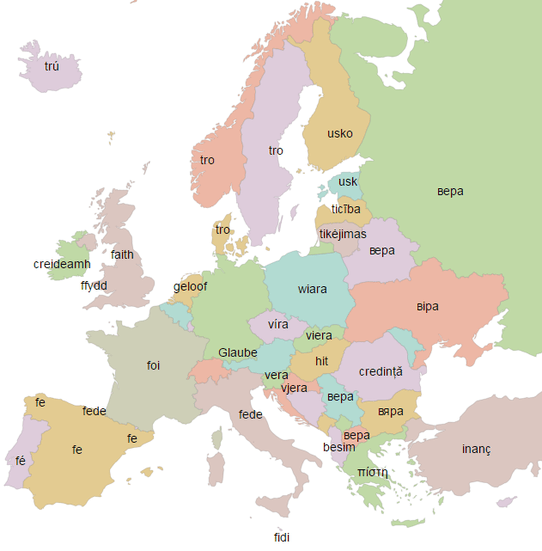When I was in High School, I took an architecture class that I especially enjoyed. We got to use paper, right angles, compasses, and other cool instruments that architects use along with our knowledge of geometry to solve whatever problems the teacher presented to us. Often the problems involved taking limited information and using it to extract other information. He would always say the same thing:
Use what you know to find what you don’t know.
That’s some solid advice. Once we establish that something is true, we can use it to make sense of things that we don’t know or don’t understand. The applications of this advice go far beyond High School architecture; it’s essentially how we progress in science and technology. It is also a fundamental concept to interpreting documents, whether they be laws, historical records, or even the Bible.
[Read More]






